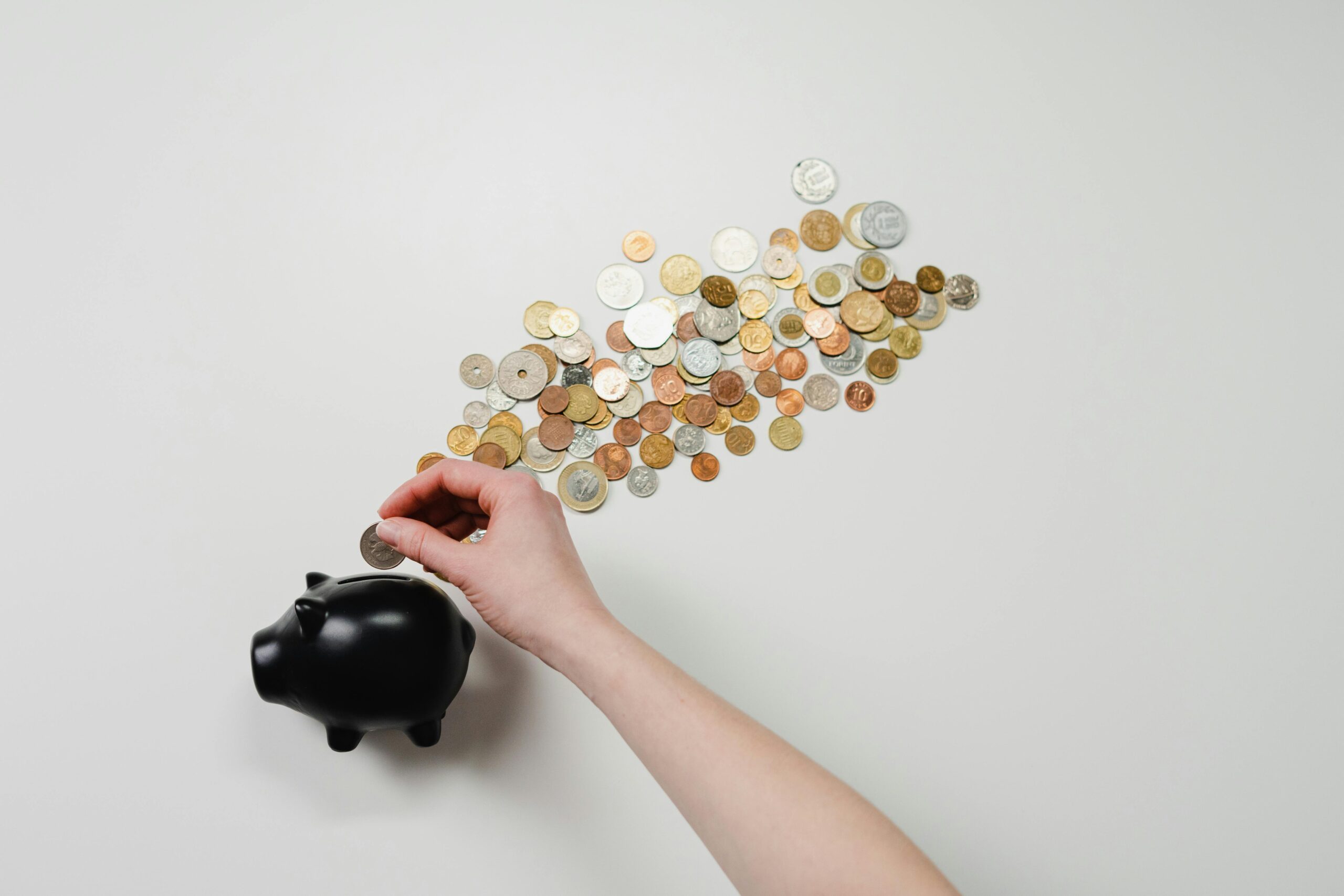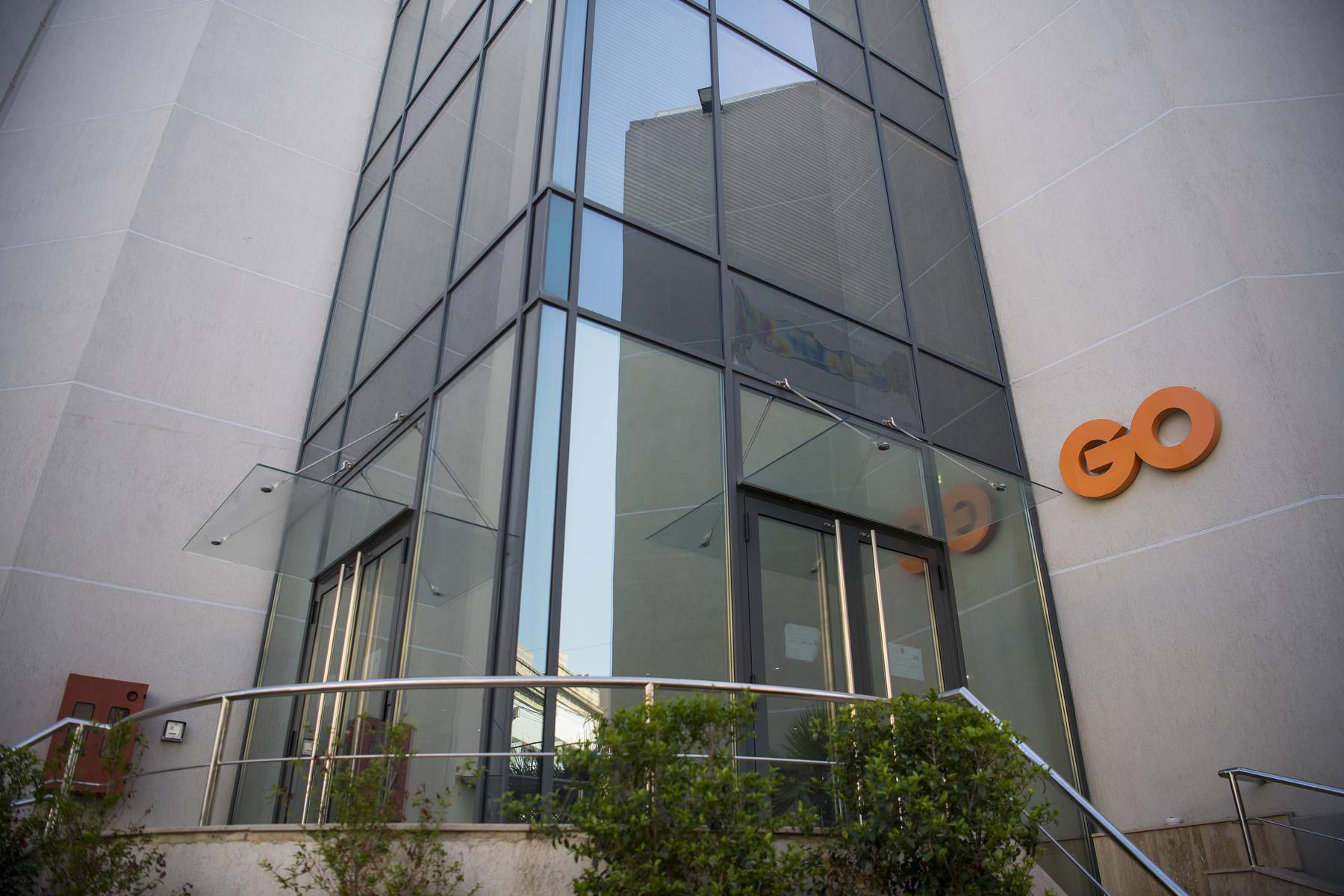Intellectual Property is the term that describes the non-physical assets of the company, being a range of legal rights attached to the holders’ information, business ideas and expressions. Intellectual Property can have different forms including those which are registered such as Trademark, Patents, Designs and Trade Secrets as well as unregistered rights such as copyright, unregistered trademarks, unregistered patents and confidential information.
The concept of protecting intellectual property has been possible in Malta ever since the late nineteenth century and early twentieth century. Whereas inventions, trademarks and designs have been registrable in Malta since 1899 whereas Copyright has been protected since 1911.
In Malta, the Industrial Property Registrations Directorate (IPRD) within the Commerce Department is the responsible entity for the registration of Intellectual Property rights in Malta and the main legislation regulating Intellectual Property rights in Malta are the Patent and Designs Act, Chapter 417 of the Laws of Malta, the Copyright Act, Chapter 415 of the Laws of Malta and the Trademark Act, Chapter 597 of the Laws of Malta.
Although being intangible, Intellectual Property rights can offer great value to a business, whether it is already well established in the market or whether the business is still a start-up business. Exploiting intellectual property rights can help an individual’s business thrive and become more competitive in the market, whilst also ensuring that they would avoid inadvertent unfair competition from their end.
Summarily the Intellectual Property system helps businesses to:
- Protect their innovative products and services;
- Increase the visibility, attractiveness and value of their products on the market;
- Distinguish their business and its products from those of its competitors;
- Access technical and business information and knowledge;
- Avoid risks of inadvertently using third party proprietary content or unknowingly losing their own valuable information, innovations or creative output.
The first step that businesses ought to take when creating their own Intellectual Property portfolio is understanding what kind of intellectual property would best fit their products and/or services that they provide and whether they should register for diverse protection for different sections of their businesses or even register different protection to the same product.
As an example, a business’ innovative practice or process may be protected by a patent. On the other hand, in order to safeguard their interests in the market, businesses must also consider protecting their trade secrets. By protecting trade secrets which might include certain specifics of the product details, technological know-how and strategic business information would aid a business in maintaining its uniqueness in the market.
Disclosure of such information could harm the business since when in the hands of their competitors there is the risk that they might be replicated. Additionally, by registering trademarks, businesses would be able to distinguish their products and/or services from those of their competitors. Moreover, in the case of businesses producing products, the owners might also opt to register the industrial design of their product so that the aesthetic aspect is protected. Visually pleasing designs might in time become the most important distinguishing factor of that particular product from the other products on the market as the customers might be drawn towards products that have a more pleasant design.
In view of the above, prior to registering any intellectual property rights, it is pertinent for businesses to carry out an internal audit to learn about the potential Intellectual Property rights that might be applicable to them so that they ensure that they would be obtaining the maximum protection that would be applicable to them.
Although being intangible, Intellectual Property also increases the economic value of the business and might also help businesses in obtaining licensing, sale, donation of Intellectual Property rights or entering into joint ventures or otherwise collaborate with other businesses.
Mobilising savings into investments
Malta’s equity market needs to grow in size and depth if it is to embrace the EU’s Savings and Investments ...
Reduction in free float
Lowering Malta’s minimum free float requirement to 10% could unlock new opportunities for the local capital market
A golden age for GO plc
GO plc’s Annual General Meeting revealed a bold shift beyond traditional telecoms, stronger-than-ever financials, and possible share buy-backs







